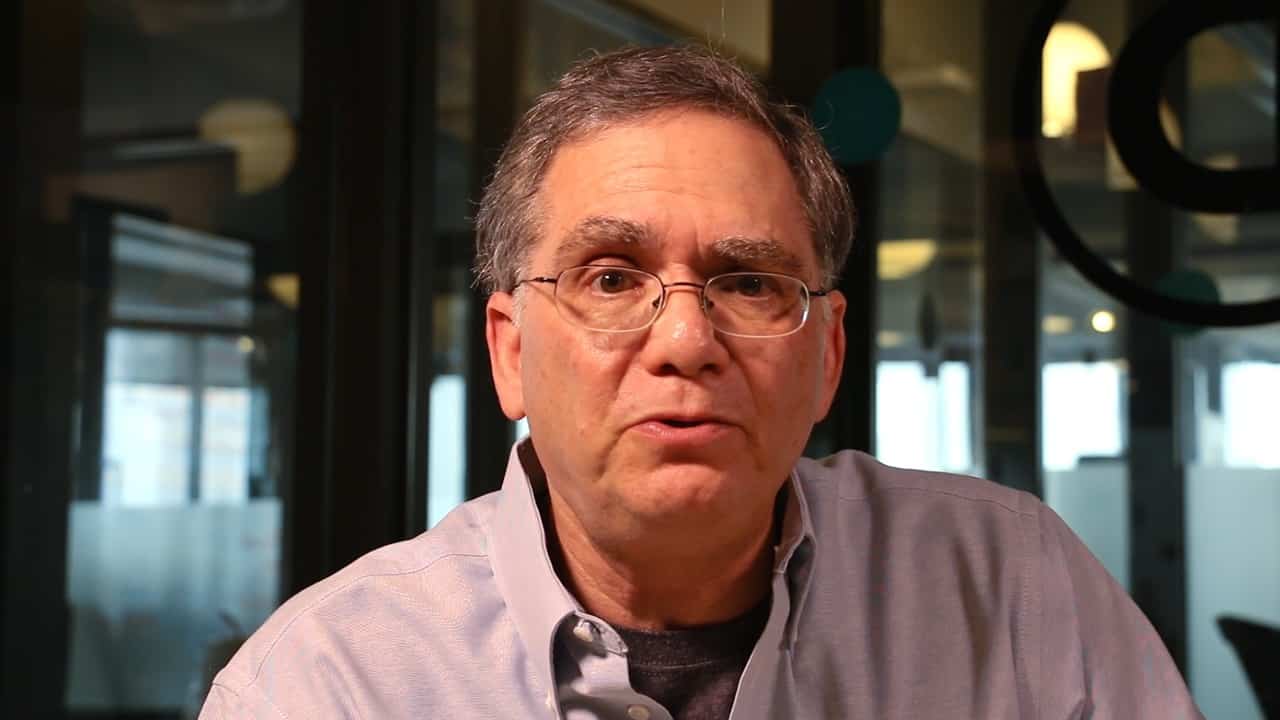I’m Steve Davis and I want to talk about forgetting to do a business plan. Basically, forget it. Nobody reads it. Focus on your pitch deck. Your 10 to 12 to 15-page pitch deck, which will have all the components of a business plan, but instead of spending hours and hours writing paragraphs you can do it in bullet form. It allows you to fine-tune it much more quickly.
Pitch Decks Are More Effective Than Business Plans
Once you’re satisfied with it, then you can go to an executive summary easily. But in reality, nobody reads business plans anymore. You send a business plan to venture capitalist, it just gets put on the pile and it doesn’t get read. You send it to potential investors, it doesn’t get read. What they want to do is have an introduction, they want to hear your pitch, and that’s the way they make their decisions.
What is a Pitch Deck?
A pitch deck is a PowerPoint that has anywhere from 12 to 18 slides, which basically outline your entire business including what you’re looking for from a financing standpoint. Where companies go wrong, and I used to do this, being an ex-engineer, they put 1000 words on a slide. The thing is, most people don’t read it. You really want them to listen to you.
What Should Your Pitch Deck Contain?
So you want to have one or two major thoughts per slide, and maybe some statistics on it, again in very large type or in bullets. Preferably if you can find a graphic or a photo that reinforces it too. But think about your pitch deck as a green screen for you presenting, because you really want potential investors listening to you, and not reading the information off the screen.
If you know who Guy Kawasaki is, I’ve known Guy for 30 years, he’s got a couple of great things out there that you should learn before you actually pitch and put together your pitch deck. He’s got a pitch called “10, 20, 30”: 10 slides, 20 minutes long, 30-point type. You want to make it very easily readable. He also has two other slide decks I suggest you look at: “10 common lies entrepreneurs tell venture capitalists,” and “10 common lies venture capitalists tell entrepreneurs.” They’re all real. If you look at them, you’ll be able to find what you should and shouldn’t put in your pitch deck.
Practice Giving Great Presentations With Enthusiasm
Have a great time when you’re presenting. When you put your pitch deck together, practice is key, knowing the topic is key. The better you are at presenting it, the more comfortable you’re going to be, and if you’re comfortable it’s going to come across a lot better.
About Steve Davis
Stephen Davis, Principal and Founder of The CXO Advisory Group provides interim COO and VP Sales and Marketing services focused on improving the performance and profitability of emerging and established companies. Steve has worked with companies in North America, Europe and Asia to assist them in establishing US market operations, strategic alliances, joint ventures, business development and sales management. He has assisted clients with due diligence and preparation for venture financing.
Steve has more than 30 years experience as a senior executive, including COO and CMO with P&L responsibility in the computer, software, consumer electronics and Internet industries. Steve has successfully built, managed, and restructured numerous sales and marketing organizations. He has successfully developed new markets and has introduced over 300 new products into various industries.
Steve is an industry pioneer whose visionary marketing and sales strategies were instrumental in two of the PC industry milestone products. Among his many successes he was responsible for introducing ATARI’s home computer and Corvus OMNINET, the PC industry’s first local area network.
In 1989, Steve founded the Davis Management Group, a company whose proprietary sales management and marketing methodology promoted growth in client’s revenue and profitability. He is an executive strategist and problem solver who conceives, plans and implements new business practices to produce measurable improvements in market position, revenues and profits. Previously, Steve spent 15 years in senior level positions at major corporations including Qualogy, Corvus Systems, Atari, IBM and GE.
Steve is active with many groups that support entrepreneurs. He is a frequent speaker and prolific writer on marketing and sales topics. Davis has given speeches at some of the leading business and technology forums and his articles have appeared in a variety of engineering and IT business publications.

